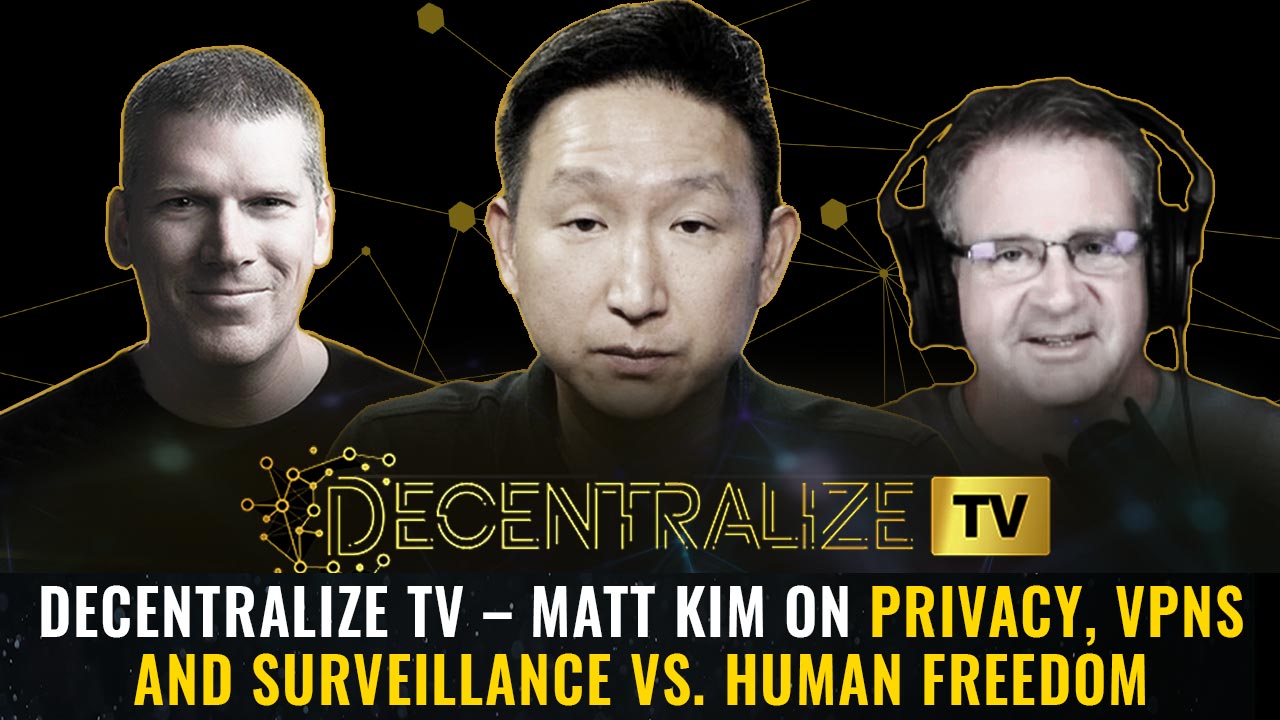 Parler
Parler Gab
Gab
- AI-driven EdTech revitalizes music schools, transforms course delivery with adaptive learning tools.
- Blockchain credentials create immutable records, reducing fraud, while cutting costs for certifications.
- Sustainability challenges loom as AI’s energy/water consumption strains resources, sparking calls for accountability.
- Governments push for emissions transparency, while startups advance decentralized alternatives (e.g., EDU Chain).
- Corporate-led initiatives explode amid warnings to balance profit motives with public interest in education systems.
Key innovations: From music classes to universal credentials
Educators and tech entrepreneurs are pioneering mechanisms to bypass traditional gatekeepers. John von Seggern, founder of the Futureproof Music School, uses AI to customize electronic music production lessons and plans to issue blockchain-based certificates for course completers—a system that avoids bureaucratic delays while offering tamper-proof verification. Similarly, Open Campus’s EDU Chain project, a blockchain-based platform, aims to create a transparent, global repository of academic achievements, eliminating paper records and fraud risks. Meanwhile, Binance co-founder CZ has launched Giggle Academy, a free online school using AI-generative content, claiming to reach a billion children. The OECD describes blockchain’s role in empowering learners by giving them “control over their data” and enabling seamless mobility across institutions. Proponents argue these tools cut costs, especially for marginalized groups, and counteract surging university fees.Blockchain’s promise: Security, transparency and equity
Blockchain’s decentralized ledger offers a vision of academic fairness. Unlike centralized systems susceptible to corruption, a blockchain-stored degree or transcript becomes irreversible and verifiable in seconds. This is critical in regions with unstable bureaucracies, where grades may vanish in system errors or fraud. The OECD notes blockchain’s potential to “facilitate the movement of learners and workers between geographies,” easing credential recognition across borders. For cash-strapped institutions, smart contracts could automate payments for scholarships or tuition, reducing administrative burdens. In India, pilot blockchain programs are already streamlining vocational certification processes, while universities in Estonia and the UAE test digital student IDs on distributed ledgers.AI’s climate footprint
Despite pledges of “green growth,” AI’s energy consumption remains staggering. A single dataset analysis for a machine learning model can use as much power as five average American homes annually, per a University of Massachusetts study. Cooling massive server farms often drains local water supplies—a dilemma in drought-prone regions. Rare earth metals required for processors are frequently sourced from mines linked to deforestation or child labor. John Ternaski, an environmental policy researcher at Stanford, warns that “tech giants claim to prioritize sustainability, but their data centers in energy-dirty areas like Virginia reveal disclosures rarely match reality.” Environmental activists argue the focus on efficiency over ecological impact mirrors past industrial eras’ hubris, urging mandates to offset carbon footprints and invest in green data storage.Balancing innovation with accountability
As governments lag behind tech adoption, advocates demand clear regulations. A bipartisan U.S. House hearing in March urged disclosure standards for data center emissions, while the EU’s proposed Digital Education Act aims to audit e-learning platforms’ sustainability practices. Critics argue voluntary corporate initiatives, like Microsoft’s “AI for Earth” fund, lack teeth, and meaningful change requires enforceable caps on resource use. “Education shouldn’t become another frontier for tech monopolies,” said Senator Lisa Murkowski (R-AK), proposing grants for schools to transition to renewable-powered AI infrastructure. Meanwhile, decentralized networks like EDU Chain offer a template for bottom-up innovation—empowering users rather than central authorities.A new classroom, a new deal?
Blockchain and AI promise to end monopolies on knowledge and credentials, yet their environmental toll risks overshadowing these gains. For students in Kenya or Kansas, the ability to earn an affordable, digital degree verifiable globally is transformative—but not if the energy powering that blockchain harms ecosystems. Conservatives remain divided, approving tech’s disruption of legacy systems but wary of allowing Big Tech to shape curricula without oversight. As CZ’s Giggle Academy awaits its first student login, the lesson is clear: Technology can democratize education, but only if innovation and stewardship proceed hand-in-hand. Sources in this article include: CoinTelegraph.com AInvest.com eLearningIndustry.comVP.net CEO Matt Kim champions privacy and decentralization
By Finn Heartley // Share
EPA moves to reregister banned pesticide dicamba despite court rulings and public outcry
By Cassie B. // Share
San Francisco imposes new parking limits on oversized vehicles to address homelessness
By Laura Harris // Share
Governments continue to obscure COVID-19 vaccine data amid rising concerns over excess deaths
By patricklewis // Share
Tech giant Microsoft backs EXTINCTION with its support of carbon capture programs
By ramontomeydw // Share
Germany to resume arms exports to Israel despite repeated ceasefire violations
By isabelle // Share










